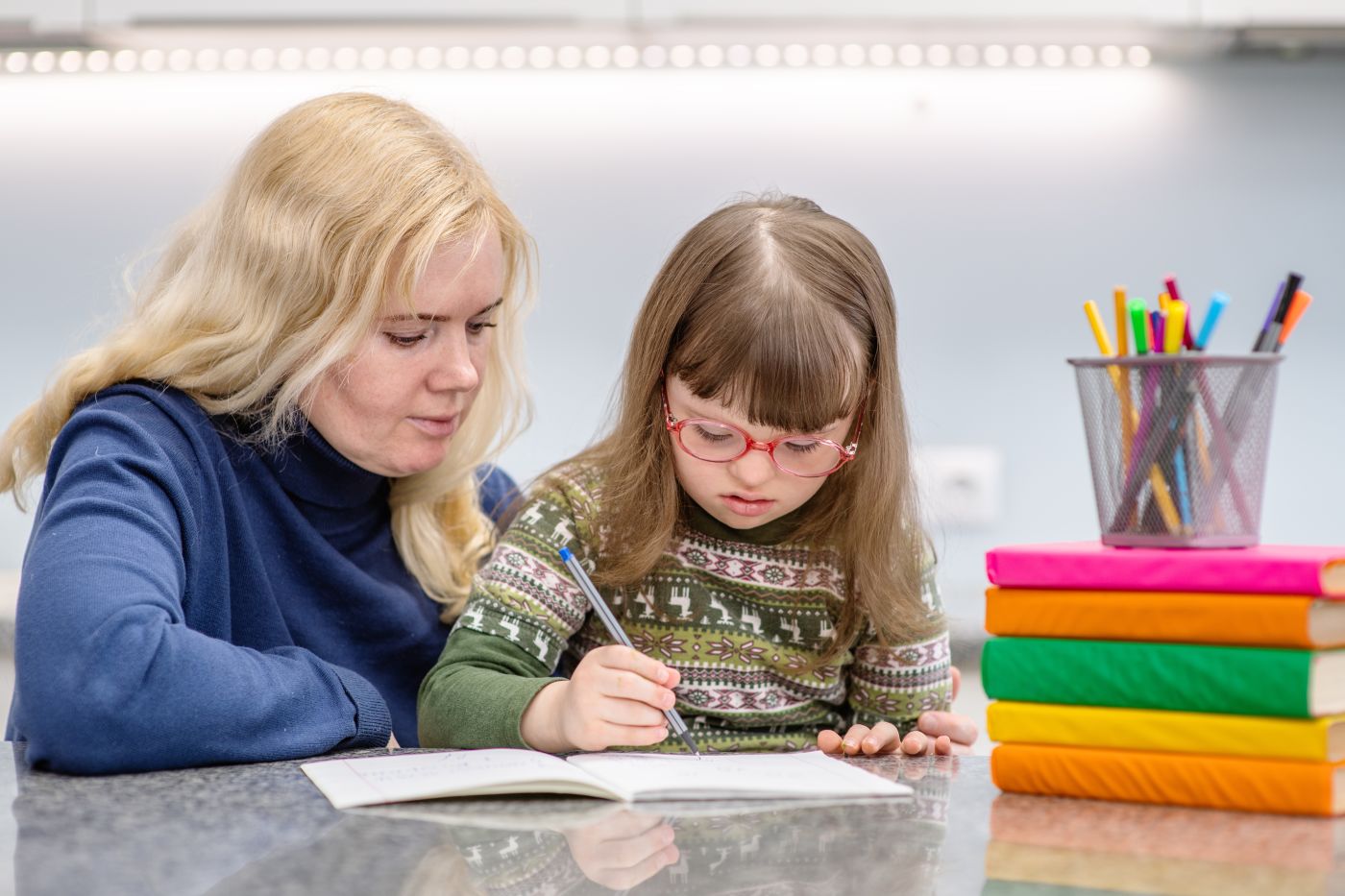Who Qualifies for an IEP?
For readers of this education law blog, they are likely familiar with IEPs, or Individualized Education Plans. Essentially, these are educational documents for children with special needs that outlines how they should be educated, which is tailored to their individual needs. These are required by both state law and the Individuals with Disabilities Education Act, a federal law.
Preschool
Just because a Cedarhurst, New York, child is not school-aged, they can still qualify for an IEP. One simply needs to request an IEP referral from the Committee on Preschool Special Education in writing. It must include a specific request for a preschool special education evaluation, along with the child’s information, including name and date of birth, and parental contact information. It also must outline the child’s development areas of concern, along with any services that the child already receives or received in the past. This will begin the process that will lead to an evaluation that will include a health examination, test cognitive abilities, the child’s developmental and family history and observations of the child. They are simply looking for developmental issues at this stage.
School-Age Children
School-aged New York children must meet one of 13 disability classifications as defined by the New York State Education Department’s Regulations of the Commissioner of Education. Each affects the child’s ability to perform at school or benefit from general education. These classifications include autism, deafness and blindness (or the combination of the two) or some other visual or hearing impairment. Other classifications include intellectual and learning disabilities, or some combination of disabilities. In addition, orthopedic, speech or language or other health impairments qualify. And, a traumatic brain injury can qualify a child for IEP services.
Emotional Disturbance
The final of the 13 disability classifications is emotional disturbance, which must adversely affect the student’s educational performance. There are several ways a student can qualify under this category when one of the other classifications do not apply, but it requires a bit more substantiation.


